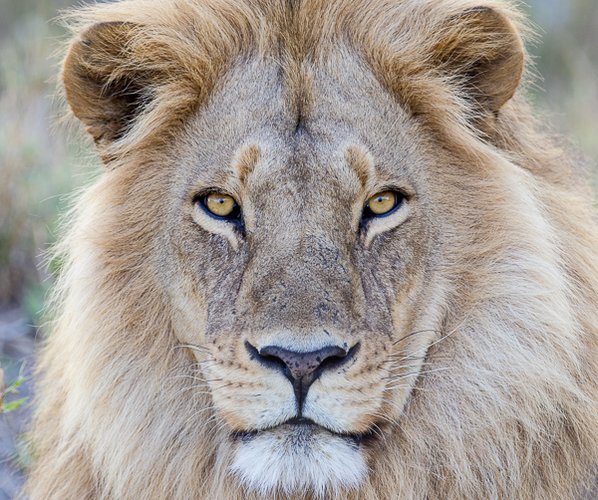Baboon
Papio
Behavior and diet
Baboons are extremely adaptable and can be found in a wide variety of terrains. In Africa, they are primarily found in open savannah, open woodland and hills. Like many primates, baboons are highly social. They live in social groups of around 20 to 150 animals, including several adult females and males, and many offspring. Compared to many other monkeys, baboons are unusual in that they spend most of their waking hours on the ground. Baboons are technically omnivores, but the majority of their diet consists of plants. They have been known to consume insects and periodically go after fish, insects, shellfish, rabbits, fowls, monkeys and antelope. They are foragers and can be very aggressive when food is involved. Baboons and humans have a genetic similarity of 94%. A baboon female has a gestation period of about 180 days, or just under six months, and gives birth to just a single young.

 Botswana
Botswana
 DR Congo
DR Congo
 Gabon
Gabon
 Kenya
Kenya
 Malawi
Malawi
 Mozambique
Mozambique
 Namibia
Namibia
 Rwanda
Rwanda
 South Africa
South Africa
 Tanzania
Tanzania
 Uganda
Uganda
 Zambia
Zambia
 Zimbabwe
Zimbabwe
 Chad
Chad



